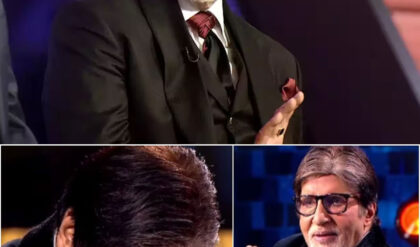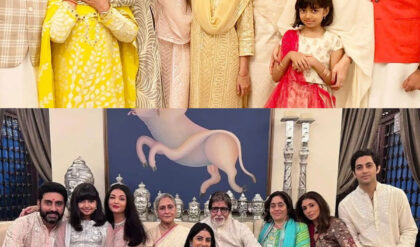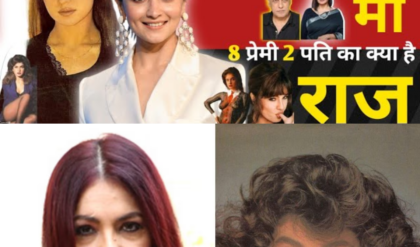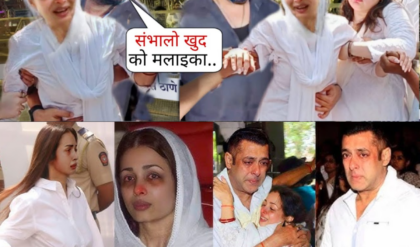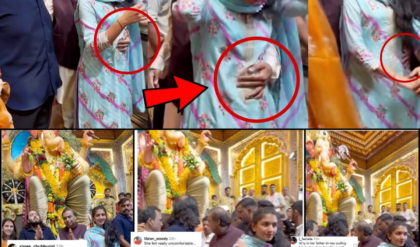Taal starred Aishwarya Rai, Anil Kapoor, and Akshaye Khanna in the lead roles. The film created new records at an international level, and emerged as Shubhash Ghai’s 12th hit.
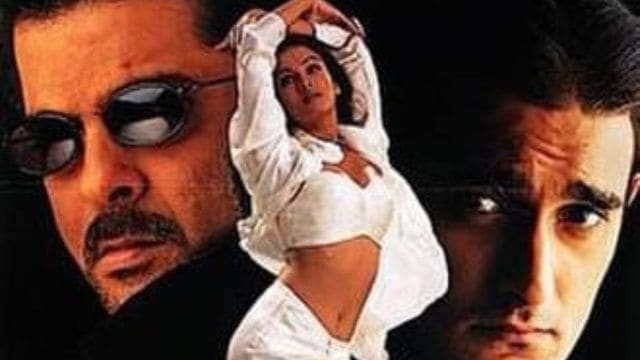
Taal turns 25. (Photo: IMDb)
When Taal released in 1999 on the same date, it broke all records and became the first Indian film to reach the Top 20 on Variety’s box-office list. If looked at critically, the film’s story didn’t offer anything new to the Indian cinema. However, it was Taal’s music that stole the show, with the film bagging more accolades for its music than direction or acting. The anticipation around this film was extremely high, given Subhash Ghai’s record — of the 13 films he had made till then, 11 had been hits. Taal took this number to 12. But, would it have been a success if not for AR Rahman’s magical tunes and Anand Bakshi’s soulful lyrics?
In an interview, Subhash Ghai said Taal is a film about romance. “I could have called it Dil, Pyaar, or anything but Rahman’s presence in the film gave me confidence to call it Taal,” he told Lehren Retro.
Taal had worked magic overseas. As per Variety, the US trade magazine claimed Taal had the highest per-screen average of all movies released in North America on the 13 August weekend, even ahead of Hollywood films Haunting and Eyes Wide Shut. However, this wasn’t the case in India. The film opened to mixed reviews. While it ran to packed houses in the metros, it wasn’t doing well for distributors and exhibitors in West Bengal, Rajasthan, Uttar Pradesh, and Madhya Pradesh, according to India Today.
A producer was quoted as saying, “It (Taal) is technically superb but lacks emotions and a strong storyline. It’s like a great body with no soul. In India, if there’s no story, audiences don’t feel satisfied with the movie-going experience.”
 Taal’s soundtrack was the best-selling of the year 1999. (Photo: IMDb)Other critics believed it was among the few movies that got the spirit of a musical drama right. A film where the songs are necessary accompaniments to further the story unlike the force-fed interludes that only prolong a film’s runtime. Music was declared as the hero of the 1999 film, with its soundtrack becoming the best-selling that year.
Taal’s soundtrack was the best-selling of the year 1999. (Photo: IMDb)Other critics believed it was among the few movies that got the spirit of a musical drama right. A film where the songs are necessary accompaniments to further the story unlike the force-fed interludes that only prolong a film’s runtime. Music was declared as the hero of the 1999 film, with its soundtrack becoming the best-selling that year.
Screen Awards honoured the Subhash Ghai directorial with Best Music Director (AR Rahman), Best Lyricist (Anand Bakshi), and Best Male Playback Singer (Sukhwinder Singh). Anil Kapoor (Best Supporting Actor) and Neeta Lulla (Best Costume Design) were the only two people to receive awards in non-music categories.
The film, which was nominated in several categories at the Filmfare Awards, bagged accolades for Best Music Director, Best Lyricist, Best Female Playback Singer (Alka Yagnik for Taal Se Taal), and Best Sound Design (Rakesh Ranjan). The only non-music awards the film bagged were for Best Supporting Actor (Anil Kapoor) and Best Cinematography (Kabir Lal).
Similarly, Taal bagged Best Music Director, Best Lyricist, and Best Female Playback Singer at the International Indian Film Academy Awards. The only non-music awards were given to Anil Kapoor for Best Supporting Actor and Neeta Lulla for Best Costume Design.
Akshaye Khanna, in an interview with Lehren Retro claimed Taal to be Subhash Ghai and AR Rahman’s best music. “I have been a fan of his (AR Rahman), I have listened to all his albums–be it for a film or independent. I think this is AR Rahman’s best music and Anand Bakshi’s contribution is tremendous. Lyrics are simple yet beautiful.”
 Taal released on 13 August, 1999. (Photo: IMDb)This was Aishwarya Rai’s fourth Hindi film as an actor and second collaboration with Akshaye Khanna after their film Aa Ab Laut Chalen (the only film directed by Rishi Kapoor), which too released in 1999, six months before Taal. So far, her only hit in Bollywood was Hum Dil De Chuke Sanam. Shubhash Ghai, however, cast her believing in her “raw beauty”, which was untouched.
Taal released on 13 August, 1999. (Photo: IMDb)This was Aishwarya Rai’s fourth Hindi film as an actor and second collaboration with Akshaye Khanna after their film Aa Ab Laut Chalen (the only film directed by Rishi Kapoor), which too released in 1999, six months before Taal. So far, her only hit in Bollywood was Hum Dil De Chuke Sanam. Shubhash Ghai, however, cast her believing in her “raw beauty”, which was untouched.
In an interview with Lehren Retro, the filmmaker said, “I didn’t care she was Miss World. I didn’t care she didn’t have a single hit. All I cared to see was her raw beauty, which nobody tried to tap before. People made her a cosmetic. I saw her as a naturally beautiful girl from the Himalayas, whose beautiful inside out. I saw her as a daughter of nature–a pure beauty.”
As much as the songs and lyrics pushed the film to become a blockbuster hit, it was also the choreography that took it a notch higher in terms of visual experience. Aishwarya, new to the industry, aced Shiamak Davar’s choreography through her performance.
Though the film’s story was called “soulless” and “cliched”, it highlighted the reality of the music industry in the scene where Anil Kapoor’s character Vikrant explains his work principles to Alok Nath’s character Tara Babu. He says, “Artists like Tara Babu creat soul-stirring melodies in the hills and remain financially poor while people like me make big bucks from their art by stealing and remixing it.
Despite a slow start in India, the film made on a budget of Rs 11.50 crore, earned Rs 22 crore net in India. The film’s worldwide collection stands at Rs 51.16 crore. It was the fourth highest-grossing Hindi film of the year. The film was also dubbed in Tamil as Thaalam and did well in Mysuru, Bengaluru, Tamil Nadu, and Hyderabad.
